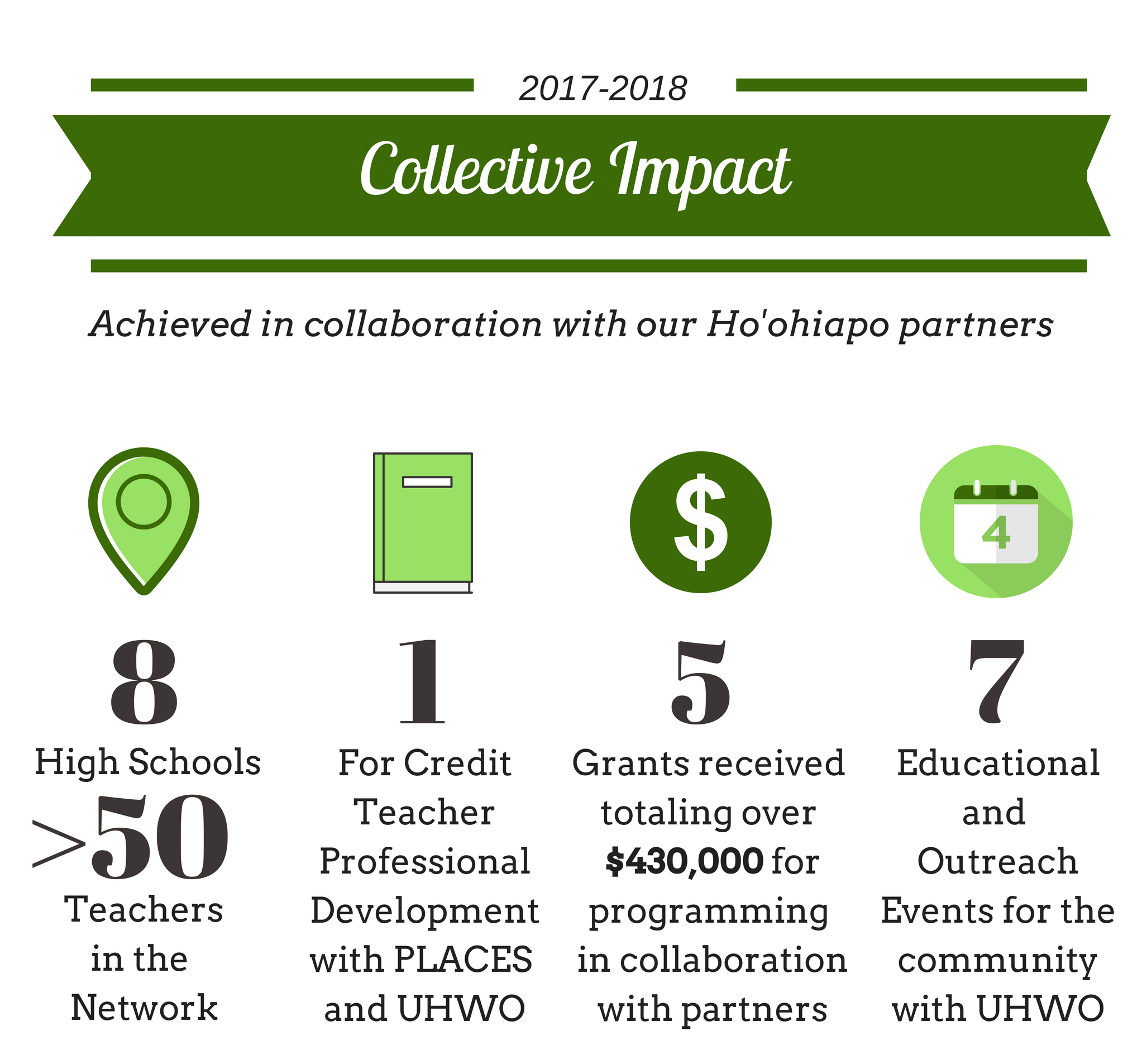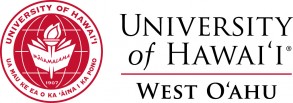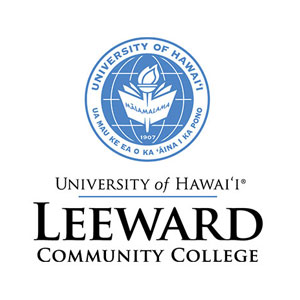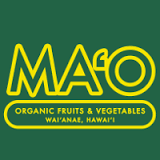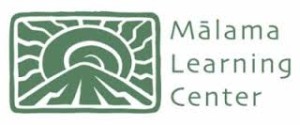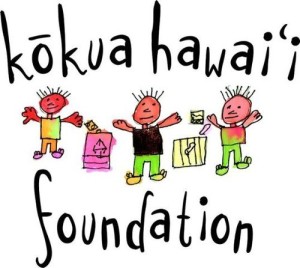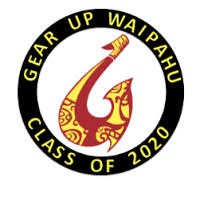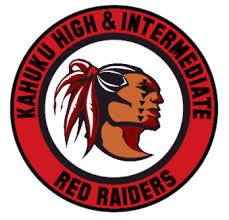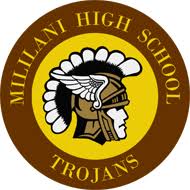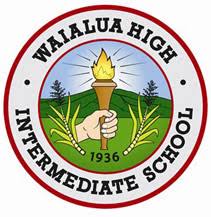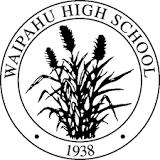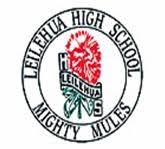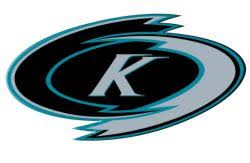Hoʻohiapo – Renewing Ancestral Education Pathways in Agroecology
Hiapo (n.) The eldest.
Ho‘ohiapo (v.) To create eldest siblings.
The Hoʻohiapo Network, which included faculty members of Hawaiʻi high schools, support service providers, and community-based organizations, aimed to lift-up indigenous approaches to education and youth development. Ho‘ohiapo refers to the mentoring process, often elder-to-younger, but always in a peer-to-peer fashion, which was a co-learning process for both the hiapo (oldest) and the younger sibling. Hoʻohiapo is a process that must be embedded into how we approach social and economic development in Hawaiʻi.
Our primary goal was to facilitate the reintegration of ancestral mentoring processes in Hawaiʻi’s educational system by engaging teachers, students, and the broader community. This created a supportive pathway for an increased number of Native Hawaiian youth to enroll in higher education, specifically through the sustainable community food system (SCFS) focused bachelor’s of applied science degree program.
Project Overview
Native Hawaiians once maintained completely self-sufficient communities, but colonization disrupted integrated ancestral approaches to education, workforce development, and the food system. As a result, less than 5% of farm operators in Hawai‘i are Native Hawaiian and 90% of food is imported, a stark departure from ancestral approaches to subsistence that has resulted in social, environmental, and economic disparities. Further, in West O‘ahu, less than half of all high school students matriculate to college, with only 1 in 3 students from majority Native Hawaiian high schools continuing on to higher education. While our population of focus, Native Hawaiian youth in West O‘ahu, face many challenges, the educational gap is increasingly concerning as education is a recognized vehicle for improving long-term quality of life. Indeed, investments in education and postsecondary options for Native Hawaiians are expected to be “a key driver in future improvements in material and economic well-being” (Kamehameha Schools 2014). Through projects activities, project partners and staff members:
- Created a network of educational and community-based partners to share resources and improve the local food system;
- Organized professional development events to catalyze the introduction of culturally-relevant, STEM-based agro-ecology and food systems curricula at the high school level;
- Generated youth life-skills and asset development through agro-preneurial internships and intersession programming.
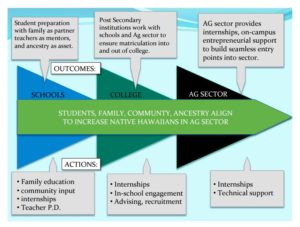
Context
Native Hawaiian ancestral practices were designed to exist within the context of an island ecosystem, which integrated social, economic, and environmental considerations.
Isolated in the Pacific with almost 2,300 miles of water between Hawaiʻi and the next landmass, Hawaiian practices were localized, highly integrated, and comprehensively managed within the context of an ahupuaʻa (a self-contained valley community with boundaries extending from mountain peaks and past the fringing reef). Families took responsibility to maintain the overall health of the ahupua‘a and such knowledge was passed down via mentoring processes to cultivate communal self-sufficiency built on a holistic sense of well-being.
Activities
Educator Outreach
HACBED conducted a significant amount of engagement with high school campuses as part of Project Hoʻohiapo, including meeting one-on-one with high school campuses, hosting brainstorming sessions with high school teachers that serve large populations of Native Hawaiian students, and offering a 3-credit food systems-focused Professional Development course. In the latter part of 2019, the project expanded to include teachers and students outside of the Leeward Coast in order to expand the reach of the SCFS program.
School partners included (in alphabetical order):
- Iolani School
- James Campbell High School
- Kahuku High School
- Kamaile Academy
- Kapolei High School
- Leilehua High School
- Mililani High School
- Nānākuli High and Intermediate School
- Punahou School
- Waialua High School
- Waiʻanae High School
- Waipahu High School
Outcomes of discussions with teachers reaffirmed both interest in and the need for a facilitated space to regularly share resources, collaborate, and bridge gaps between local organizations, communities, educators, and students.
SustAINAble Food Systems Professional Development
This course provided multidisciplinary analyses of the food systems of Hawai’i. Through a combination of lecture, discussion and field experiences, participants examined the historical forces shaping food and agricultural systems in Hawai’i and the key socio-economic and ecological costs and benefits of the current agri-food system in Hawai’i. Participants explored elements of sustainable community food systems, interfaced with experienced local food systems professionals, and discussed and identified future student involvement with food system study and change.
To view the evaluation report, please click here.
Grant Writing & Evaluation
On top of facilitating and coordinating activities, HACBED also participated in collaborative grant writing, evaluation, and the creation of final reports for this project.

